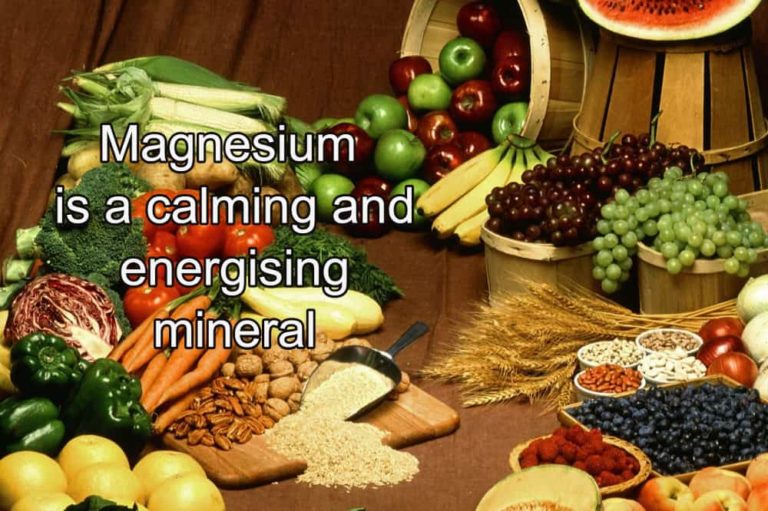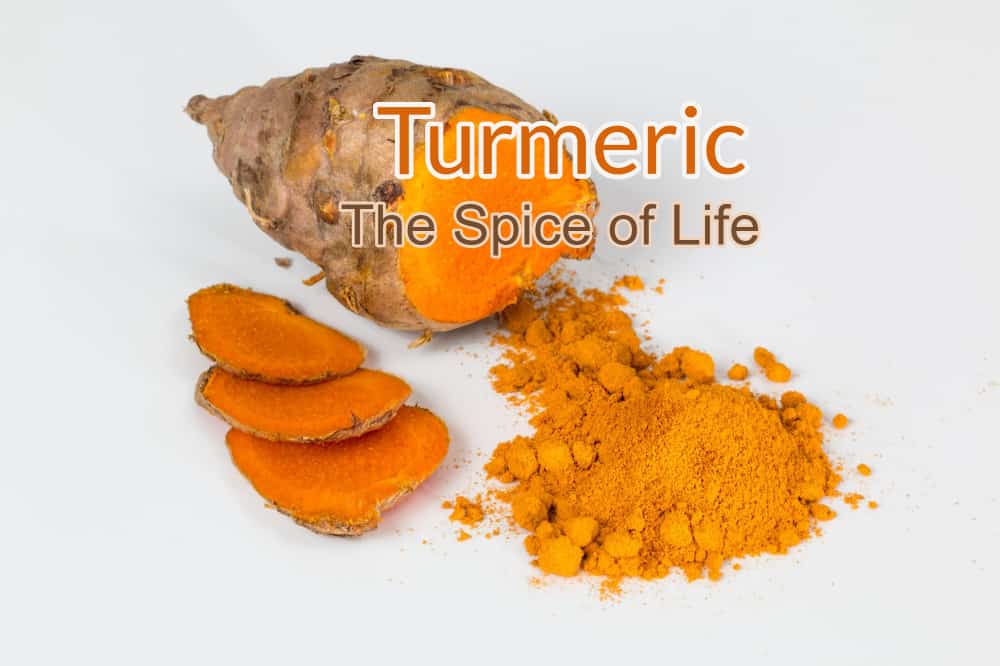Magnesium is a supplement I regularly recommend in my practice. It is the most abundant mineral in our bodies and is used in more than 300 biochemical reactions. It helps to soothe your nervous system and plays an important role in supporting energy production. Other functions of magnesium include electrolyte balance, maintenance of cell membrane integrity, regulation of muscle contraction, nerve conduction and helping to make your veins more supple.
Are you deficient in Magnesium?
Here are the most common signs associated with a deficiency:
- Fatigue
- Anxiety
- Muscle cramps
- Fibromyalgia
- Restless legs
- Pre-menstrual symptoms
- Menstrual cramps
- Headaches
- Sugar cravings
- Hypertension
Why do we become Magnesium deficient?
Stress plays a large role, as our needs for magnesium and other nutrients increase when we experience stress. Another notable factor is depletion of magnesium in our soil leading to reduced levels in whole food. Furthermore, processed and refined foods are low in magnesium and if that forms a big part of your diet (which I hope not ?) then you are probably not getting enough from your diet.
The following lifestyle factors also play a role in reducing your magnesium levels:
- Alcohol – as alcohol is a diuretic, it leads to an increase excretion of magnesium in your urine.
- Certain medication – especially certain antibiotics, oral contraceptive pill, diuretics and corticosteroids.
- Coffee – inhibits the absorption of magnesium through your gut.
The key benefits of Magnesium include:
- Essential for bone mineral metabolism
- Acts as a cofactor of energy production in our mitochondria to synthesis ATP, which is our energy molecule
- Supports sugar metabolism
- Regulates the tone of our veins
- Influences nerve function – especially nerve conduction
- Reduces hyperexcitability/hyperactivity
- Required for the synthesis of amino acids and proteins
- Maintains healthy muscle function
- Modulates hypothalamic-pituitary adrenal (HPA) axis function – see my Adrenal Fatigue article here for more information
- Essential for cardiovascular function
- Supports against the negative health effects of stress and anxiety
How can you support your body if you think you may be deficient?
You can increase your intake of some foods high in magnesium, here is a list below:
Per 100g serving:
- Hemp seeds – 700mg
- Pumpkin seeds – 525mg
- Flax seeds – 392mg
- Brazil nuts – 376mg
Per serving:
- ½ cup boiled Spinach – 78mg
- Avocado (1 cup) – 44mg
- Kidney beans (1/2 cup) – 35mg
As well as the following foods:
- Dark chocolate (Yay!!)
- Tahini
- Banana
- Legumes
- Green leafy veggies
- Parsley
I often find that my patients need Magnesium in a supplement form to help replenish the levels at a therapeutic strength. I usually recommend a dosage of 200-400mg for my patients but may give higher dosages, up to 800-1000mg depending on the need of the patient.
Magnesium is attached to a carrier so that it can be transported to the cells or gut, disassociate from the carrier and be absorbed. The type of carrier impacts how well and how quickly it gets absorbed. The better forms are Magnesium Glycinate, which carries Magnesium directly into your cells for rapid absorption or the Citrate form which carries Magnesium through the upper digestive tract, which easily breaks apart in your intestines so that it is readily absorbed. These two forms of magnesium are superior to absorption compared to other forms, such as Magnesium Oxide. Therefore, when you purchase a supplement, consider the carrier that is attached to it.
Cautions:
- It can cause diarrhoea in some people that are more sensitive to supplements, especially the Citrate form
- It may interfere with absorption of some medications so take two hours away from prescription medicine
- If you have kidney disease, first check with your health practitioner
Some Magnesium Fun Facts:
- It is the ninth most abundant element in the universe
- It is the eighth most abundant element in the Earth’s crust
- 60% of Magnesium is present in our bones
- It burns very brightly and is used in fireworks to make white sparkles
- It is the central ion of chlorophyll






